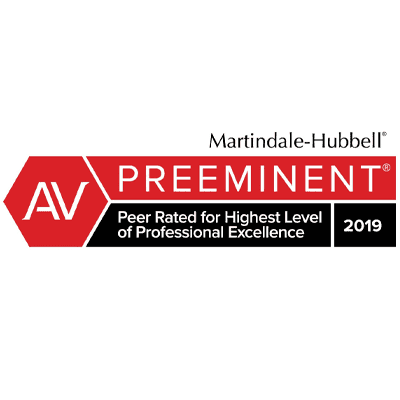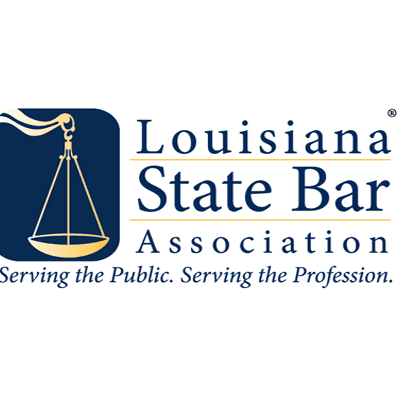
Frequently Asked Questions
These resources are here for anyone looking for legal advice in Denver
fREQUENTLY ASKED QUESTIONS
What Is Income Tax?
Income tax is a form of taxing imposed on an individual or business in relation to the wages or other form of income they have earned. These taxes are at both the state and federal level.
Does Colorado Have an Estate Tax?
No, Colorado does not have an estate tax. However, you should consult with a tax attorney from our firm to ensure you don’t owe any federal estate tax.
What Are the Legal Requirements for a Will in Colorado?
For a Will to be valid in Colorado, the testator (maker of the Will) must be 18 years old and must be of sound mind and not under any undue influence. Although a Will can take many forms, in order to be "self-proving" and able to avoid formal probate, the Will must be in writing and signed by the testator in the presence of two witnesses and a Notary Public, and countersigned by the witnesses and Notary.
How Long Does Probate Take?
Final distribution of an estate is generally deferred until 4 months after publication of a "Notice to Creditors" or one year after the date of death, in order that the Personal Representative (Executor) can be sure to address all appropriate claims against the estate. The process will extend as long as necessary to collect all assets and address all issues raised during probate.
How Long Do You Have to File Probate After Death?
Any person in possession of a document purported to be a Will should file the document with the probate court in the county in which the decedent was a resident within 10 days of death or as soon thereafter that the document is discovered, according to Colorado statutes. The filing of the Will does not open probate, but equips the Court with the original document should probate be opened. Probate cannot be opened until 72 hours after the death. Probate can be opened any time after the 72 hour wait.
What Is the Difference Between a Will and a Trust?
A trust, once it has been funded, takes effect immediately; it is not subject to Court validation before it is effective, and by the time that the settlor / trustor / maker of the trust dies, the time for any challenge to the trust's terms will often have expired.
A Will is not effective until the death of the testator. The Will must be validated by a Court; and it will be subject to challenge until it has been approved by the Court.
What Is a Living Will?
A living will is an advanced directive for medical care. It is a legal document stating an individual's wished regarding future medical treatment or end of life care in the event that the individual is unable at that time to express his or her wishes.
What are the primary goals of your firm vis-a-vis client representation?
Our most important goal is serve the client effectively. We cannot guarantee the success of any given program, but we shall strive to represent the client’s interests vigorously and efficiently.
As counselors, our goal is to listen to the wishes of the client and provide the best legal guidance possible. To this end, we strive to listen to the client’s statement of concerns and to the goals of the client. Based on our in-depth discussions with the client, on our experience, and on our extensive knowledge of the law, we make recommendations to the client that best suit his or her personal situation. Our recommendations may not always coincide with what the client expects or even wants to hear, but our advice is always based on the best interests of the client. How we move forward is unique to the wishes of each individual client.
Specifically, in the area of estate planning, we have found that the client’s primary concern is the protection of sufficient assets and cash flow to provide for the needs and wants of our client.
In other cases, the client’s principles are of primary importance in planning. For example, many of our clients have in place a long-standing tradition of giving in accordance with their religious affiliation or to their community, or to other charitable / medical organizations; however, many clients have not set in place a vehicle that would continue that tradition after their deaths, not because they do not think it important, but merely because they have not thought about the possibilities. With some planning, we can assist in following through with the client’s long-standing tradition.
As always, our goal is to counsel the client in a manner that assists him or her in reaching his or her goals.
Our firm's helpful resources
-
Frequently Asked Questions
As always, our goal is to counsel the client in a manner that assists him or her in reaching his or her goals.
Learn More -
Helpful Links
We will provide you with a list of related websites that can provide further relevant information during your research process.
Learn More -
Fee Agreement
We desire to provide our clients legal services of excellent quality and to have our clients recognize that we are doing so.
Learn More -
Standard Fees
We aim to help by providing a schedule of fees for activities commonly undertaken by this firm.
Learn More -
Estate Planning Questionnaire
Our questionnaire will help you begin thinking about your long-term interests.
Learn More
What Sets us Apart?
-
Client-Focused & Results-Driven
-
Experienced & Aggressive Representation
-
Dedicated to Serving Clients Since 1976
-
Personalized Attention & Carefully Curated Legal Plans







.2309140645199.jpg)